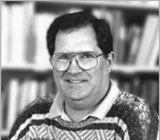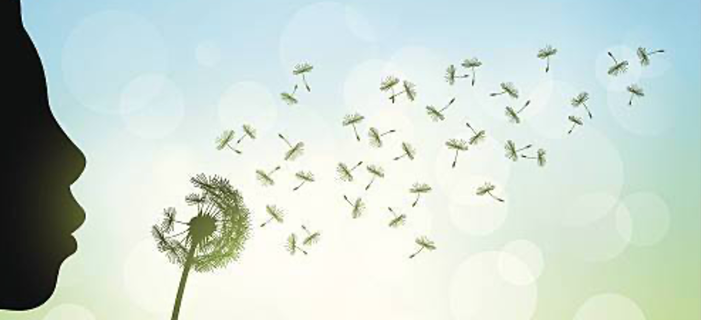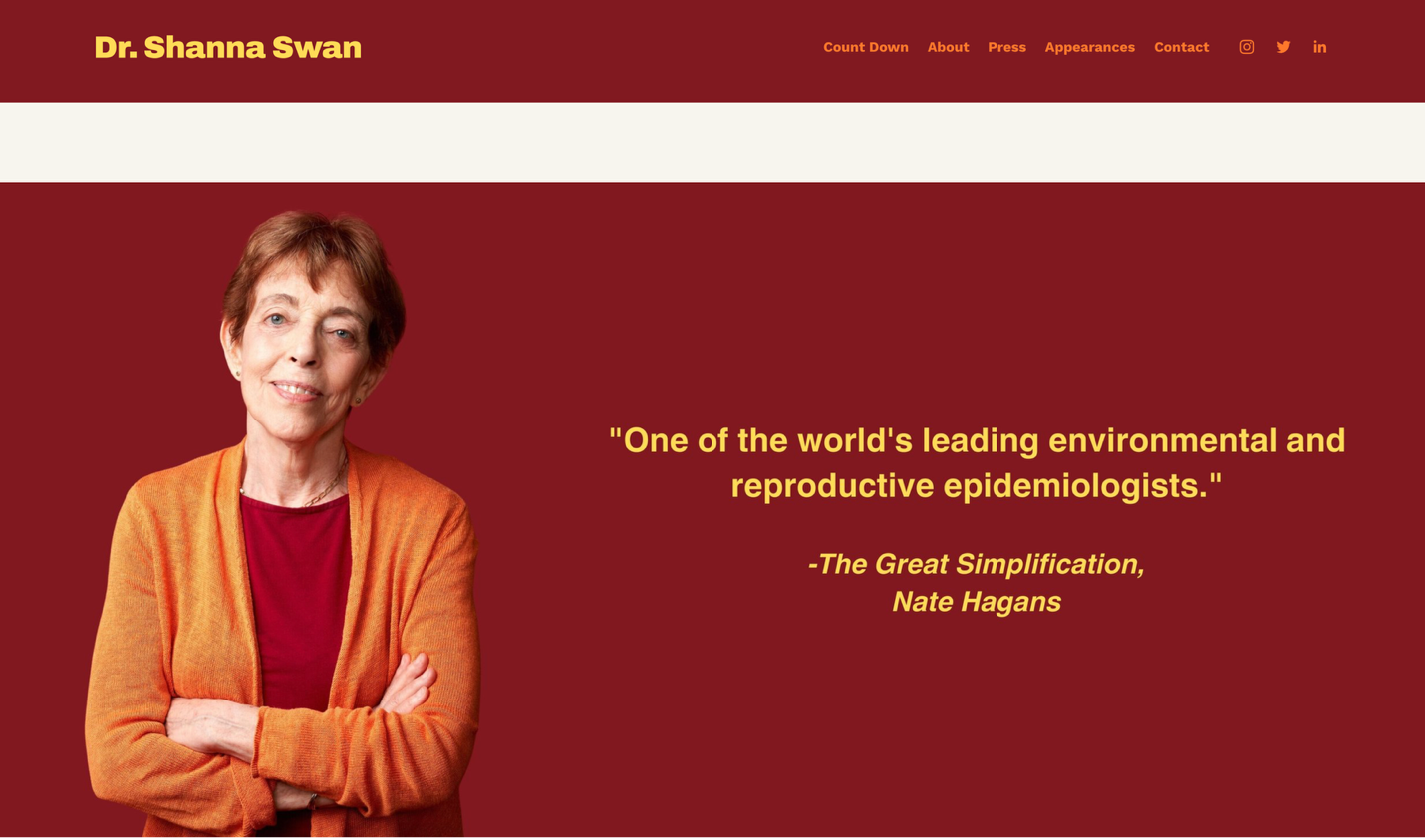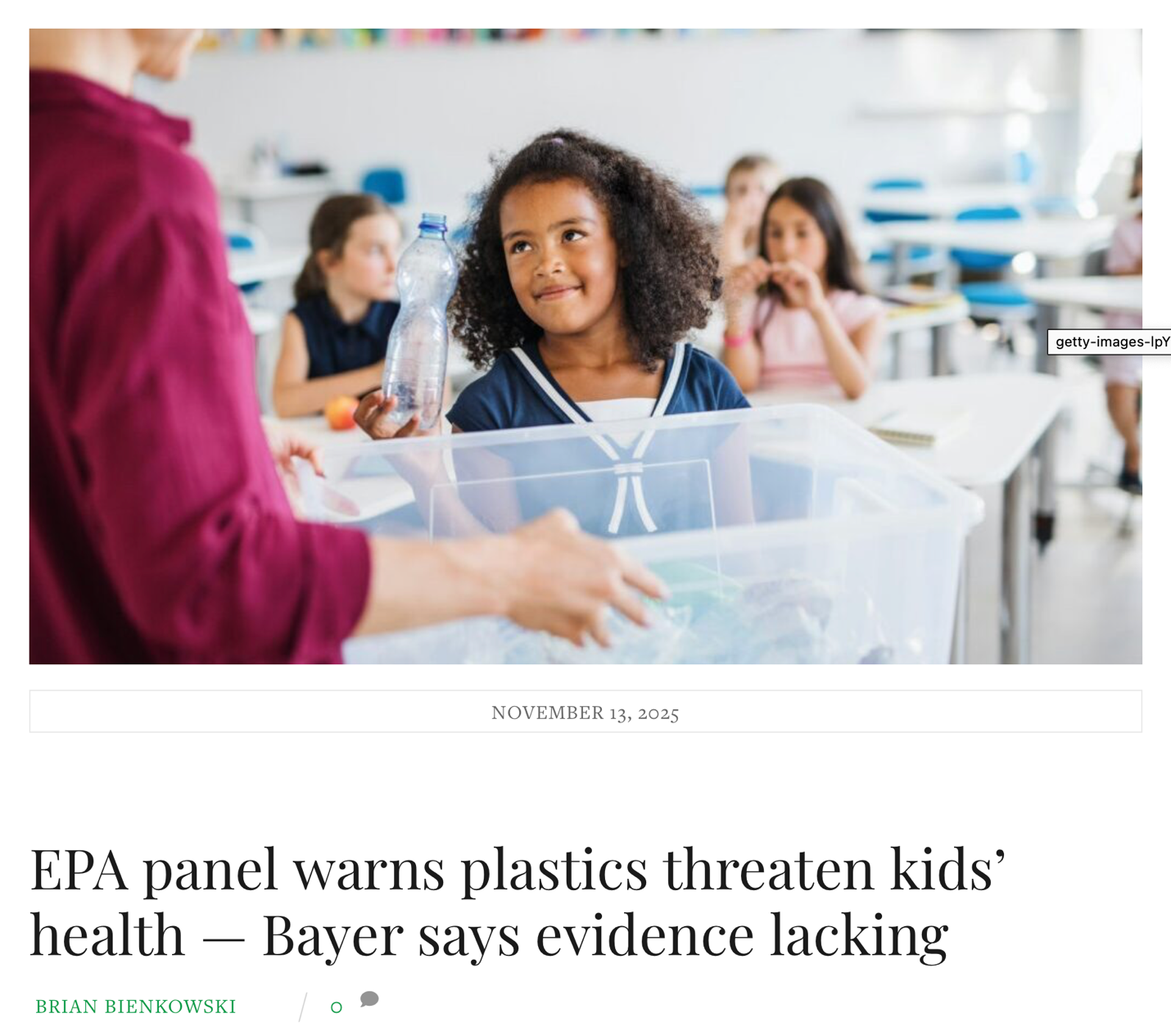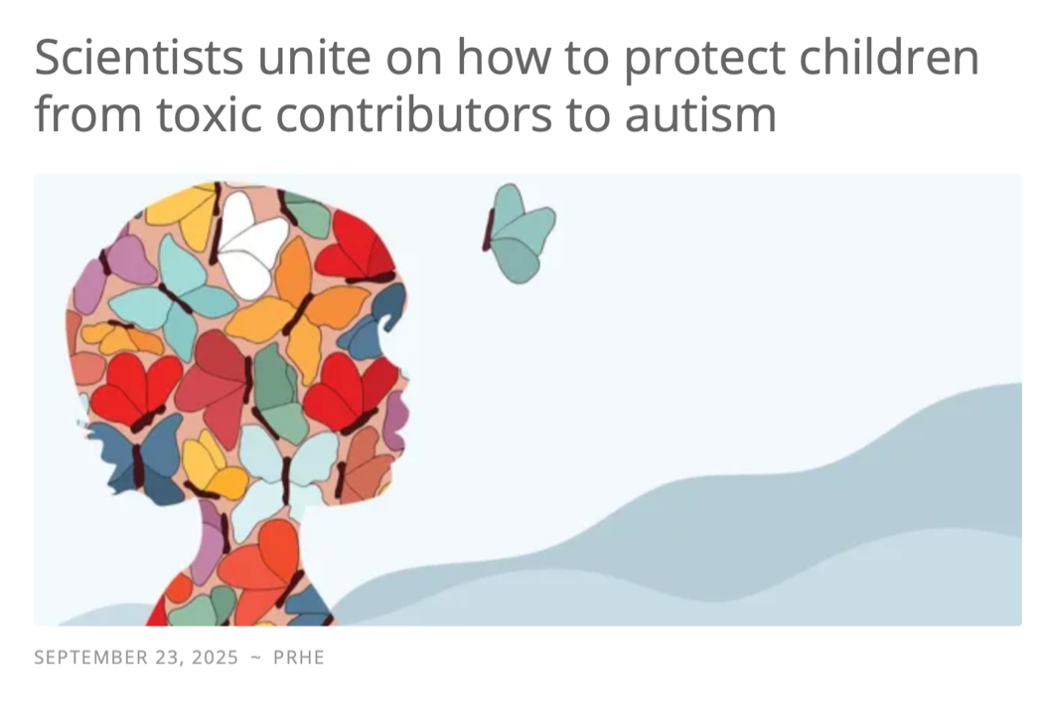In July, Dr. Susan Buchanan from the Great Lakes Center for Children's Environmental Health at UIC, Ryan Anderson of Midwest Pesticide Action Center, and I joined with a community activist group led by Elizabeth Catherwood to present information about about the hazards of lawn chemicals to the Naperville Park District Board.
Great news! They have decided to significantly increase their organic lawn care in an effort to protect children and will work to spread the word through an educational outreach. What an amazing example of how government can work with citizens and investigate carefully what is best for all. If Naperville can do this, any town can!
Here is the press release in the Chicago Tribune and Naperville Sun:
Naperville Park District to increase organic weedkiller use, limit Roundup
Members of the grassroots Non-Toxic Naperville environmental group and Naperville Park District officials have formulated new policies that increase the use of organic weedkiller and similar park maintenance products.
Responding to environmental and health concerns raised by residents this summer, the Naperville Park District will expand its use of organic weedkillers and other products to maintain park grounds, officials said.
For the next two years, eight of the district's 137 parks will be treated with organic herbicides and similar plant and vegetation products, park district Executive Director Ray McGury announced Thursday. District officials also will continue with their policy of using only organic products on and in the immediate vicinities of playgrounds, McGury said in a statement.
The decision follows a three-month review that included input from the grassroots Non-Toxic Naperville citizens group. Its members asked professional environmental experts to accompany them to a July board meeting at which they expressed concern over the use of Roundup weedkiller and other potentially hazardous products.
Increasing the use of organic sprays and implementing new environmental practices "has been on the radar of the (district) for quite awhile now," McGury said in the statement. "From maintaining Knoch Park with organic products since 2004 and the implementation of the employee-led Green Team (in) 2009, district board and staff have continued to demonstrate the importance of integrating environmentally-friendly practices into the organization's operations."
McGury said the regimen of natural herbicides, fertilizers and other products used in maintaining Knoch Park will be implemented at seven more locations: College Park, Columbia Commons, Cress Creek Park, Crestview Knoll, Dorothea Weigand Riverfront Park, Kingshill Park and Kroehler Park.
Those sites were chosen on the basis of "their varying amenities and locations," according to McGury's statement. "The goal is for residents to have a choice of several different parks that will be maintained using only non-synthetic products."
As has been done in Knoch Park, the seven parks "will be monitored for the next two years, and soil samples will be taken to measure (the earth's) health, which impacts the turf and foliage," the statement said. "Provided the products work satisfactorily, the district would plan to expand its use of organic products to additional locations in the future."
The district in June temporarily stopped using Monsanto's Roundup brand herbicide glyphosate on playgrounds after residents reacted to a sign alerting park patrons to its use. A petition drive ensued in which residents asked the district to stop using chemical weedkillers.
In recent years, the potential human and environmental risks associated with Roundup and glyphosate has become a national issue. The experts who attended the July park board meeting argued against the use of weed-killing chemicals. Children, they said, are the ones most likely to spend a great deal of time in and on grassy areas, and as a result are at a higher risk of being harmed by such sprays.
McGury said the district will continue using Roundup, "but only in areas not accessible to the public," such as around retention ponds and in thick woods.
Kevin Finnegan, the district's director of parks, said officials "fully expect that our plans will continue to evolve as more is learned," and as more new, effective natural products come onto the market.
Natural or nature-based products as Finalsan, Phydura, Pulverize and Scythe will be used "within 15 feet from the concrete borders and entryways" to playgrounds, according to a presentation made during Thursday night's meeting.
"Given the fact that more effective alternatives for maintaining natural turf and park spaces are now available in quantities that our staff can work with efficiently, in addition to more economical costs, the time is right for us to increase our scope in this regard," McGury said.
Elizabeth Catherwood, a Naperville resident and member of Non-Toxic Naperville, said in the statement she was "thrilled that we all were able to come together to make this great change for kids and families in Naperville."


